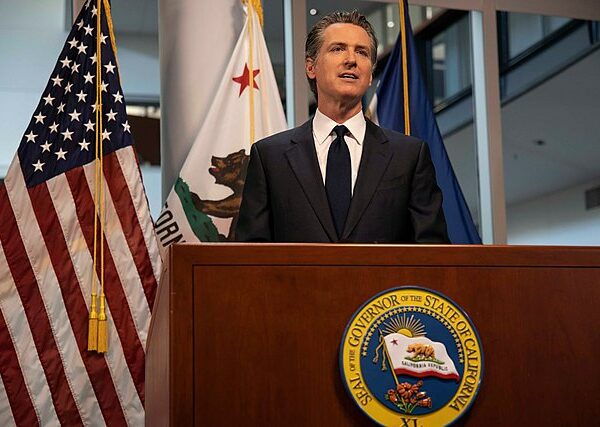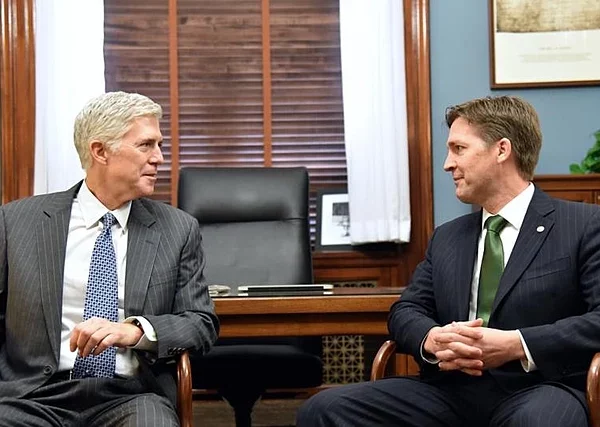
In a revelation likely to intensify debates over government transparency, the FBI has identified roughly 2,400 records related to the assassination of President John F. Kennedy that were never provided to the board responsible for reviewing and releasing such materials. These newly surfaced documents—totaling around 14,000 pages—were uncovered during a broader review initiated by former President Donald Trump’s executive order requiring the release of all assassination-related records, according to Axios.
More than sixty years after Kennedy was fatally shot in Dallas on November 22, 1963, government agencies continue to face criticism for withholding assassination records. The lack of full disclosure has fueled speculation and conspiracy theories for decades, with many questioning the official conclusion that Lee Harvey Oswald acted alone.
The existence of these undisclosed files was revealed to the White House last Friday when the Office of the Director of National Intelligence submitted its updated plan for releasing the remaining assassination records. Three sources familiar with the situation confirmed the discovery to Axios but noted that they had not yet reviewed the documents’ contents. While it remains unclear what these files contain, the fact that they were not previously submitted to the National Archives or vetted by the Assassination Records Review Board raises concerns about the handling of assassination-related materials by federal agencies.
“When POTUS hears about this stonewalling, he’s gonna hit the roof,” the official said. Another source close to Trump called the delays “total Deep State bulls**t,” hinting that the president might bypass intelligence agencies entirely and release the documents online himself, the outlet reported.
Trump has expressed regret over not fully releasing the JFK files during his first term. As he campaigns for the 2024 presidential election, he has pledged to make all assassination-related records public, including those concerning the 1968 assassination of Senator Robert F. Kennedy. His executive order mandates a plan to disclose JFK, RFK, and Martin Luther King Jr. assassination records by March 9.
Under the 1992 JFK Records Act, all assassination-related records were supposed to be reviewed and released through the National Archives. The full disclosure deadline was initially set for 2017, but Trump—acting on the CIA’s recommendation—delayed the release of certain documents, a decision President Joe Biden later upheld by approving only partial disclosures. Advocates for transparency argue that intelligence agencies have used national security concerns as a pretext to withhold key information, further eroding public trust and fueling speculation about a possible conspiracy.
Jefferson Morley, a researcher specializing in the Kennedy assassination and vice president of the Mary Ferrell Foundation, described the discovery as a major development. “This is huge. It shows the FBI is taking this seriously,” he said. Morley has sued the U.S. government multiple times to gain access to withheld documents.
“This is huge … The FBI is finally saying, ‘Let’s respond to the president’s order,’ instead of keeping the secrecy going,” Morley said. https://t.co/xq8vh9FSQk
Now will CIA go get the Joannides file and turn it over to the NationalArchives?@InfoMferrell #TheJoannides.— Jefferson Morley (@jeffersonmorley) February 10, 2025
The discovery of these previously unknown records may also influence an ongoing lawsuit filed by the Mary Ferrell Foundation against the Biden administration. The lawsuit claims that federal agencies have failed to provide all relevant documents to the National Archives, including potentially significant intelligence records. Among the materials still being sought by researchers are jailhouse recordings of mobster Carlos Marcello—who allegedly claimed involvement in Kennedy’s assassination—and CIA files on George Joannides, a Miami-based CIA operative connected to anti-Castro exile groups that had encounters with Oswald before the assassination. Joannides was later accused of misleading a congressional investigation by withholding details about his ties to Oswald.
Morley noted the similarity between the Joannides files and the newly discovered FBI records, suggesting that this may be another case of crucial information never being turned over. Despite Trump’s order, intelligence agencies continue to advocate for redactions in certain documents, citing concerns over protecting sources and intelligence-gathering methods. A White House official familiar with the matter expressed frustration, warning that continued secrecy could provoke a strong reaction from Trump.
With the deadline for disclosure approaching, the discovery of thousands of previously unknown records raises urgent questions about what remains hidden—and why. Whether these documents will finally bring clarity or only deepen the mystery surrounding one of the most scrutinized events in American history remains to be seen.
[Read More: Football Legend Lands Major Appointment]











